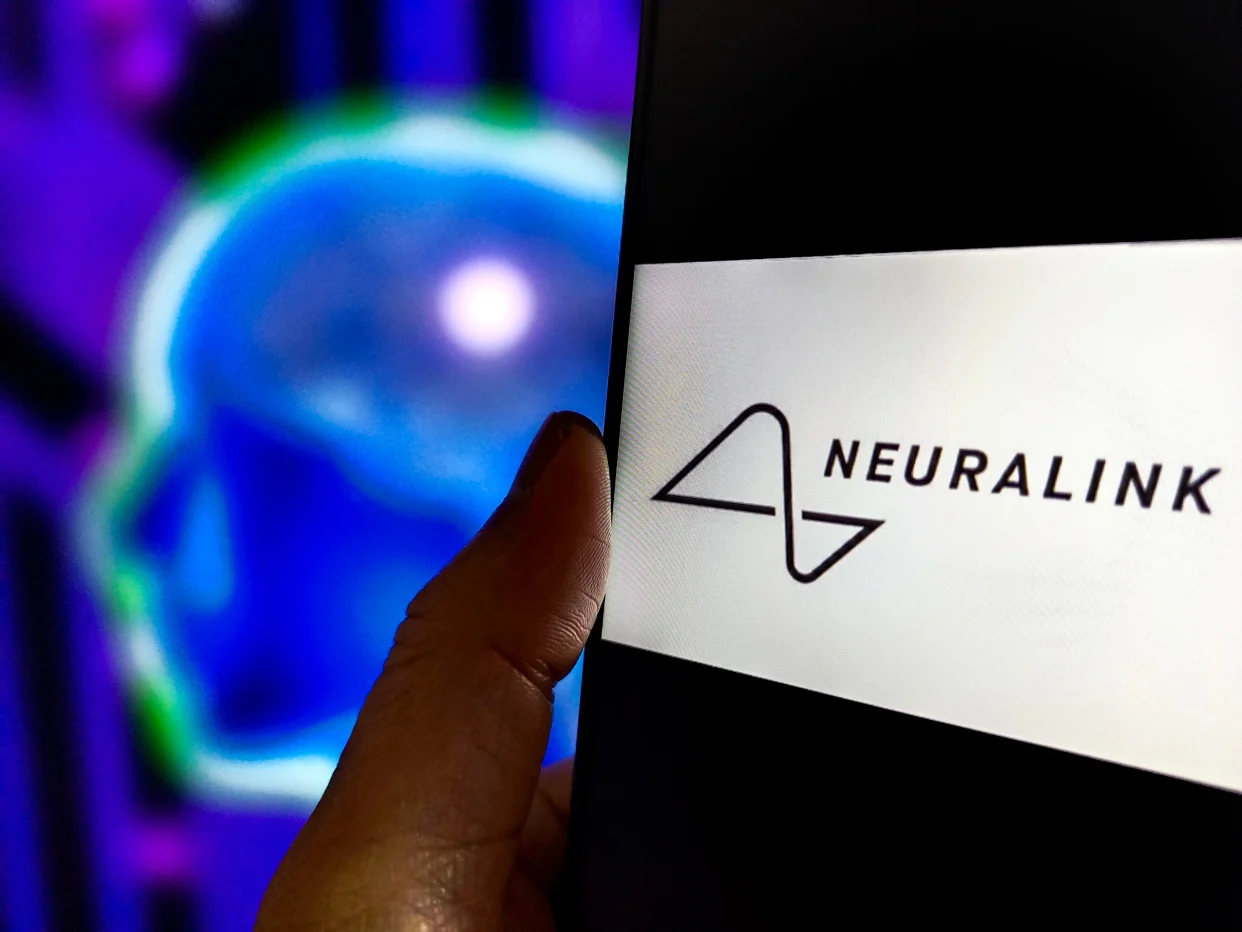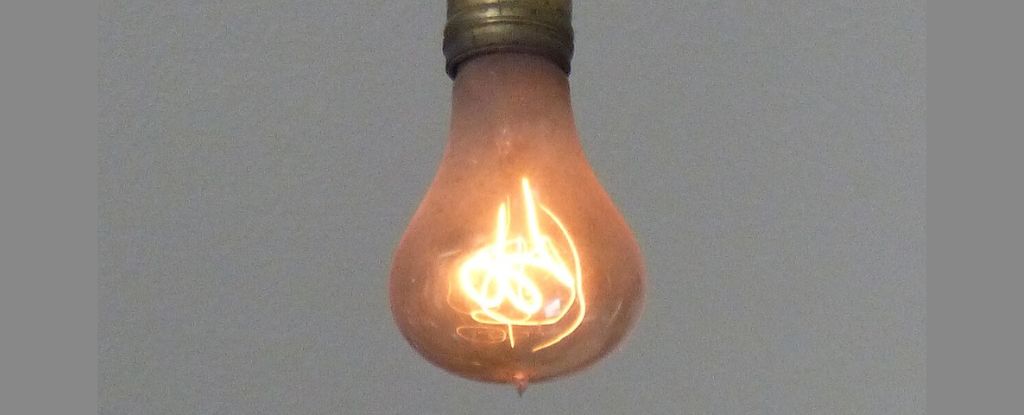Neuralink revealed in March that a 29-year-old man named Noland Arbaugh was the first person to receive its brain implant, called “Link”, which allows users to control a computer cursor with their thoughts.
However, some of the thin electrode threads that interface between the Link implant and the brain retracted in the weeks after Arbaugh’s surgery, reducing the effectiveness of the implant.
Neuralink considered removing the implant altogether but has since made tweaks that significantly improved the implant’s performance, allowing better control of the computer cursor.
The company plans to implant 10 more devices in human patients by the end of 2024 but did not provide details on further human trials.
The retraction of electrode threads was the first reported malfunction of Neuralink’s brain-computer interface technology since it was approved for initial human tests. The company has updated the Link design to prevent this issue going forward.
Source: businessinsider









